I belong to the first batch of the Juldia Marine Academy. It is with us that Marine Academy started its journey in 1962. A year later I joined sea as a Deck Cadet with the Pan-Islamic Steamship. I continued my career with the same company until 1971 when I had to leave because of political uncertainty. In January 1970, I passed the Mate’s Examination and reported to the company. The company granted me one month’s leave for my wedding. I got married in February and in early March I was appointed as Chief Officer m.v. Safina-e-Arab. This was a cargo cum passenger ship operating between Karachi and Chittagong via Colombo. In pilgrim season we used to carry pilgrims from Chittagong and Colombo to Jeddah and back. The ship was of tremendous strategic interest to Pakistan because it was perhaps the only ship that could carry a complete unit of the army with all its equipment. Captain S A Wahid, a very religious Kashmiri gentleman was in command of the ship. As a chief officer (in naval term first lieutenant or XO) I was Capt. Wahid’s deputy. On a passenger ship the captain is for more ceremonial matters and needless to say I had to do far more than what a normal chief officer does on a cargo ship. My salary was also higher than other chief officers.
On the very first trip the captain introduced me to Embarkation Officers of the Army at Karachi and Chittagong. They are the officers with whom I had to plan in advance the inter-wing movement of the troops and their equipment. We used to plan accommodation for military as well as other civil passengers. One Major Fakhrul Alam was the Embarkation Officer at Chittagong. He was perhaps a Punjabi man but was assigned to FF regiment. As I came to know him I found him a very smart, intelligent and religious person. We became good friends. During the ship’s stay in the port of Chittagong, Major Alam used to visit the ship frequently.
It was perhaps second week of March, 1971 (about 15:00 or so) Fakhrul came on board with another officer and introduced him as Major Zia, his “gehra dost” (very close friend). I knew about most Pakistan army officers appreciated a cold beer or a bit of scotch on the rock. I offered both and he politely refused. He eventually accepted a glass of orange juice. Major Zia talked to me just once or twice while Fakhrul and I were having our official discussion.
We returned Chittagong with a batch of pilgrims from Jeddah on 06-April-1971. It was not the same Chittagong. By this time Pakistan army had already carried out killing operations in major cities. Any military personnel I came across were evidently a West Pakistani as those from East Pakistan already revolted, deserted or killed. Streets of the port city were virtually empty. I was also terrified with the situation. About two hours after berthing of the ship, Fakhrul came on board and embraced me very hard as if to let out all his emotion. I could make out he was also not happy with all that happened.
It did not take long for Fakhrul to tell me that it was his “gehra dost” Zia who made the declaration of independence over radio. I remained silent because I simply did not know how to respond to his statement. After a long sigh I said what a gaddar/ traitor he turned out. It was at this point that he suddenly locked the door and told me in all the excitement that perhaps Allah sent him (Zia) for us. He then raised both hands as if in a munajat/ prayer and begged to Allah to keep Zia safe and liberate the people of Bangladesh. I could not believe what I saw and heard. Before I got back to my composure Fakhrul opened the door and left. Suddenly Capt. Wahid (master of the ship) came and said that he was ready to assist in my job if I were very upset with the situation.
Time passes by and life goes on. The killing, burning, raping and looting by the Pakistan Armed Forces kept on gaining momentum keeping pace with liberation forces that got organized and well trained almost ready to enter Bangladesh from all corners. It was in second week of September, 1971 when the ship was in Karachi that I got an appointment with Mr A D Ahmed, chairman & managing director of the company. There was no third person there and I told him of my inability to continue anymore where I carry the troops and guns that kill my own people. Mr Ahmed was very sympathetic and offered me to sail for USA with my wife and child on Safina-e-Hyder with a promise to assist me with full salary and other benefits if I decided to jump ship in USA. The other option he offered was to go on leave with full salary and other dues until it is safe again to sail. I accepted the second option and took a flight for Chittagong via Dhaka the same night.
I was staying quietly with my family in the outskirts of Chittagong (a place called Monsurabad). We just remained within ourselves and hardly talked to others. It was difficult to trust anyone because there were people ready to work for both sides for personal gains. Anyhow we finally got into confidence of some neighbours and came to know some members of “Mujib Bahini” operating in the area. I had to sleep at different places after my younger brother Mahbub was caught by Pakistan Navy on the 7th December. Dr Shahidullah, a close friend and a neighbour (from Bepari Para) was also arrested by security forces and was in the same jail. It was in the early morning of 14-December-1971, Haroon, a group leader of MB asked me to go to the jail and convey the message to the jail authority that the pro-Pakistan element may go to jail to kill the freedom fighters and intellectuals held there. Accordingly within hours I went there like one of the very ordinary persons as if to see someone in the jail. I briefed them (as per given instruction) what is to be done if those people turned up in jail.
After completing my assigned responsibility I was feeling very happy. It was about mid-day and I was walking (and perhaps also singing quietly) along the Lal-Dighi Road and did not realise that a Pakistan Army Land Cruiser stopped beside me. All my happiness evaporated in no time. Before I could realise anything Major Fakhrul Alam in full battle fatigue embraced me hard and said, “God willing, in a day or two, you will be free and independent. Zia will return to the country whose independence he declared on the 27th March. May Allah fulfil your dreams? Please pray for us”. I just managed to ask him as to what he was doing there and he replied that he had just destroyed certain records in the State Bank of Pakistan. I was deeply worried about being seen in an open place embraced by a Pakistani military officer and jumped on to a passing rickshaw just to get away quickly. Despite my best efforts I failed to meet this great friend of Bangladesh again. Forty-eight years on, I still remember him almost every day and pray for him.
December 16, 1971 is a great day for Bangladeshis all over the world as on this particular day the Pakistani forces in East Pakistan surrendered to joint forces of India and Bangladesh. In Chittagong the Pakistani forces were still mustering at Cantonment and Naval base for orderly surrender. As the day broke on December 17, we did not see Pakistani troops anymore in the streets of Chittagong and we could tune to Bangladesh radio. We were truly liberated. We heard an announcement from the Government of Bangladesh that Mr Nurul Islam, B.Sc, a member of the parliament had been appointed as the administrator of Chittagong region and that he would be in Circuit House at about 17:00 hrs. Capt. M L Rahman, principal officer of the marine department and I went to circuit house. There were lot of people and very noisy atmosphere. As Mr Nurul Islam stood to speak, it became totally silent. He spoke just for two minutes. He thanked Allah for our freedom and remembered those who sacrificed their lives for the country. He then said it was time for us to re-build our country. He said no enmity or hatred; only love and peace. It was not a time to settle any score. He warned people not to take law in their own hands. He asked everyone to get back to their own job and business. He asked the police force to report back to their duty stations. He also emphasised on the employees of port and railway to reopen and revitalise because unless the port was back in operation we would not be able to receive any aid or assistance from outside world.
I got inspired by the sayings of Mr Islam. Capt. M L Rahman also advised me to render my services and expertise for the port. It was on 23rd December that I went to see Mr Kibria, acting chairman of the port and offered my services. Mr Kibria said he had no power to appoint anyone but he would not mind if I offered my services free of any remuneration. I agreed and came to the river bank. Here I met another Pakistani Capt Mehboob, Harbour Master of CPT/ CPA who was working hard with some other employees of the port to prevent sinking of a bombed vessel in the mid-stream. Capt. Mehboob explained me how important it was to keep the ship afloat and remove to safety. Bangladesh certainly did not have the resources to remove such a huge wreck and the port would have been finished. We worked hard and by the grace of Allah managed to save the port from total closure. By this time many of Indian naval officers were constantly meeting Mr Kibria offering the services of Hoogly River Pilots to reopen and revitalize the port. I also found that they were very keen to offer the services of port of Calcutta for Bangladesh trade. Mr Kibria may not have been a marine expert but he was a matured civil servant. He could foresee the future and very politely and yet firmly refused all such offers. He was more tactful than seasoned diplomats. On 1st January, 1972, I received my appointment as an Assistant Harbour Master and with the assistance of Capt. Mehboob and Mr Subhan, a Seventy-five year old ex-marine pilot we managed to open Chittagong port. The next persons to join the port were Capt Ramzan Ali, Capt S Y Kamal and Mr M A Jalil. After liberation of Bangladesh I received the first pilotage licence issued by the CPT/ CPA and it became my responsibility along with Capt Mehboob to quickly train other pilots.
Bangladesh was in need of urgent assistance for food and fuel oil. In response to an appeal made by the Government of Bangladesh, a Norwegian tanker “Sarita” diverted with full load of crude oil for Bangladesh. It was a big tanker of about 80,000 tons and it dropped anchor about 50 miles away from the river mouth. I volunteered to go with a fleet of small coastal tankers. These tankers could only take about a thousand tons each at a time. However, by about 15th January, 1972 ERL (Eastern Refinery Ltd.) received the first supply of crude after liberation of Bangladesh. After about a week I persuaded the master and piloted the ship closer (about 20 miles from river mouth). During this operation one day I happened to see a drifting limpid mine and conveyed the information to port control. It was later recovered by fishermen and about twenty people died due to the explosion when they tried to find the hidden treasure.
I remember another incident that happened during my service with the port authority. It was perhaps in the month of February, 1972 a small coastal tanker (m.t. KORANGI) burst into flames in the oil mooring. It was a huge explosion with pieces of steel weighing more than a ton blew across the road. Exact cause of this explosion is still not known definitely. Another similar coastal tanker (perhaps m.t. KALINDI) which was berthed alongside caught fire and set adrift to main channel of the river. I was not on duty that day. However, I heard the sound of explosion from my house and saw the smoke. As an employee of the marine department of the port, I considered it my responsibility to be present and do the needful. I rushed to the river bank/ oil moorings and found a huge crowd there. Two tugs were spraying water to the burning coastal tanker in the mid-stream. I talked to Capt. Kamal and said if I could do anything. He had no answer for me. Then I saw Capt. M L Rahman and talked to him. Capt. Rahman was worried that if the vessel sank there the port would be blocked. According to him it was more important to push the vessel on the bank of the river (other side) than fighting the fire. He said that he could not ask anyone for such a risky job but wished there was a volunteer to put the tug’s wire to the bitts of the burning vessel. I agreed and became that volunteer. One of the tugs was immediately called to a nearby jetty and took me on board. I put on extra boots to protect my feet from the heat of the burning deck. We went along-side the burning tanker and within perhaps a span of a minute I put the eye (bight) of the wire on the burning vessel’s bitts. Hundreds of people watching from the river bank shouted out Joy-Bangla. Within next ten minutes the burning tanker was beached on the other side of the river. The port was saved.
I mentioned in the beginning of this article that I held a Mate’s Certificate and was a chief officer. In the merchant marine you do not reach the peak of your career until you become a master mariner or sea-going chief engineer. That can be regarded as fulfilment of one’s career. Every respectable shore job that requires maritime skill and experience always asks for highest sea-going certificate. I also decided to accomplish my career and not to leave it half-way. I wanted to leave the CPA and get back to sea. CPA agreed to release me only after training two more pilots. It was in March, 1973 that I was released by the CPT and I joined the newly established BSC. I came to UK in September, 1975 and returned Bangladesh in June, 1976 after obtaining the master mariner certificate.
After obtaining the master mariner certificate I was placed in command of first Bangladesh flag ship going to Pakistan. It was in March, 1977 that I was sent to marine academy by Capt. QABM Rahman as an Instructor but soon I had to take over as the commandant because Commander Jell decided to return home in the UK. The Academy was in very poor shape with shortage of instructors, books and equipment. We received a letter from the ministry that the annual development of the ministry will be reviewed by the president (Ziaur Rahman). On the appointed day we (all sectorial heads) assembled in the ministry for briefing before proceeding to Bongo-bhaban. The meeting began on time. The president was flanked by Rear-Admiral M H Khan on his right and Dr M N Huda on his left. Chittagong port was the first to come under review and I was amazed to notice the sharp memory of the President who knew almost everything in details. It was in the month of Ramadhan. About five minutes before Maghrib the president adjourned the meeting by saying that it would resume within half an hour after the Iftar and prayer. Before the president left for upstairs he asked us to have Iftar that was arranged for all.
I was talking to Capt. Shafi (MD, BSC) and Capt. Nurul Haq (Chairman, BIWTA) when I noticed the president returning after the break. Next moment I found him right in front of me asking me about my welfare. I was more than certain that the president must have made some mistake because we met only once (with Major Fakhrul Alam in March, 1971) for no more than ten minutes. I asked him very politely if he recognized me correctly. In reply he smiled and said “scotch on the rock” (he reminded me of what I had offered him on the ship). I felt very embarrassed and put my head down.
During the meeting the president heard everything about the academy very patiently and gave certain decisions then and there. He ordered that duly qualified instructors may be hired on higher wages on contractual basis. He also asked Dr Huda to prepare a master plan (in consultation with the academy) and look for donors. He particularly mentioned IMO and UNDP. It was a turning point for the academy. I still remember him saying that he could foresee a bright future of the academy. Bangladesh marine community all over the world today prove how right the president was. These are facts that can always be verified from the archive of Banga-bhaban.
In Chittagong I used to live (1976 – 1980) in Agrabad area. Dr Anwar Ali was a neighbour. It was Dr Ali on 27th of March, 1961 when he took the radio technician to Kalurghat that enabled Major Zia to make that famous announcement. Those present in Kalurghat included Hannan and Mannan of BAL and Belal of Radio Pakistan. Many years later President Zia saw him (Dr Ali) in Lions’ convention at Chittagong and recognised him instantly. This was another incident that confirms sharp memory of President Zia.
As per the president’s instructions the projects were drawn, approved and implemented. From a pre-sea training academy it also became a centre for advanced courses to undertake certificate of competency examinations. It is now one of the finest maritime training centres in the world. However, I did not have honour of being associated with all those developments. I only initiated the process. During my tenure the graduation ceremony of the 12th batch of cadets was perhaps one of the finest. The academy looked like getting back to its glory days. I was granted a commission in the Bangladesh Naval Reserve in the rank of a Lieutenant with four years seniority.
It is only after a short period in the academy I was withdrawn from the academy and put in command of the first pilgrim ship “Hizbul Bahr”. It was a very old ship put out of service and was used as accommodation for cement factory labourers. BSC purchased the ship almost at scrap price. It was hard work of our people and the blessings of Allah that we successfully completed the hajj trips. We also managed an extra trip on charter to carry 1800 Pakistanis to Karachi. At the end of the hajj season I was sent to Japan to take command of the first newly built ship for BSC. With “Banglar Kakoli” we started earning for BSC from the moment we took over. We also made a voyage to UK-Continent and back without any North Sea Pilot. With a smart second officer like Jahangir Kabir there was no need for any NS Pilot. In that voyage we carried locomotives from Yugoslavia and we earned highest freight (by any BSC ship). Early in the year 1981, I joined the Department of Shipping as Chief Nautical Surveyor. During my service with DOS, I was trained in the UK as a marine surveyor and nautical examiner. I also obtained M.Sc. degree from World Maritime University in Sweden.
From 1981 to 1991 for nearly ten years I worked as a civil servant. I gathered lot of knowledge and experience. There were lot of meetings but very few decisions. Senior officers were hesitant to give any clear order or instruction. I got familiar with one sentence: “saday obogoti –o- paraborti nirdesher jonno pesh kara holo”. This was a great way to escape responsibility. However, I came across brilliant and outstanding officers like Mr Mujibul Haq, Shamsul Haq Chisty, Siddiqur Rahaman, Dr Ekram Hossain, Commodore Mustafa, Capt. QABM Rahman and Capt. M Shafi.
Late president Ziaur Rahman knew very well that the future of Bangladesh was closely linked with sea. During his period, BSC flourished to its peak (with about 32 ocean-going ships) and the country also had a sizeable fishing fleet. He emphasized the need for a strong navy to protect our economic interest. He also wanted technological development so that we could harness our sea resources in a planned and sustainable way. When m.v. Hizbul Bahr was sitting idle because BSC decided to withdraw it from pilgrim service, the president utilised the ship for a sea trip with some young teachers, students, scientist and civil servants to give them a flavour of the sea. During the trip the president addressed the guests in the conference hall and reminded them about the importance of sea for Bangladesh. He said that an international convention on the law of the seas was in the final stage of adoption and that Bangladesh intended to become a party to it as soon as it is adopted. Capt. Shafi, (MD, BSC) wanted my services for the presidential trip. I agreed to work behind the scene but Capt. Rashid Khan, master of the vessel remained in command. I was introduced to the president at the end of the voyage as the project in charge. The president was very happy with arrangements made for his trip.
The president was not very happy about the ship being lying idle as BSC decided not to operate the vessel after three years of service. Rear-Admiral Mahbub Ali Khan obtained president’s permission to take over the ship for training purposes. Bangladesh Navy worked hard to bring the ship back to sea-worthy condition and decided to carry pilgrims. I was transferred to the Navy (in the active service) and promoted to the rank of Commander to take pilgrims to Jeddah. It was once in a life time opportunity for me to command a naval auxiliary ship. I saw in practice the services of our naval personnel. The nation can be proud of its navy. I was in command for one hajj season but BN operated the vessel for two more hajj seasons successfully with its own man-power. Today Bangladesh is also a Party to UNCLOS-82 and it has got rightful share of the sea. Unfortunately, it all happened after the death of President Ziaur Rahman.
It was soon after I joined the department of shipping that I happened to meet President Ziaur Rahman again. It was the last week of May, 1981 I was right in front of his residence when he was coming out. He stopped his car and said to me “I am going to Chittagong. I will call you when I get back”. He never got back alive. He was killed (early morning of 30th May, 1981) by a few disgruntled officers of the army. I joined the vast ocean of human-being that covered Manik Mia Avenue including Farm Gate for his janaza/ funeral after his body was recovered and brought to Dhaka.
In life it is not often that you come across great people. They always leave memories behind. However, no other memories can be greater than those of President Ziaur Rahman. He was the hero of 1965 war (Hilal-i-Jurat) and again a hero of 1971 war. I pray to Allah for his departed soul to rest in Jannat. I also pray to Allah to bless Bangladesh with another leader like President Ziaur Rahman.
London, 20-July-2019. <fazlu.chowdhury@btinternet.com>


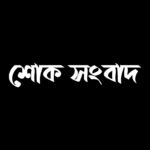
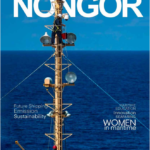
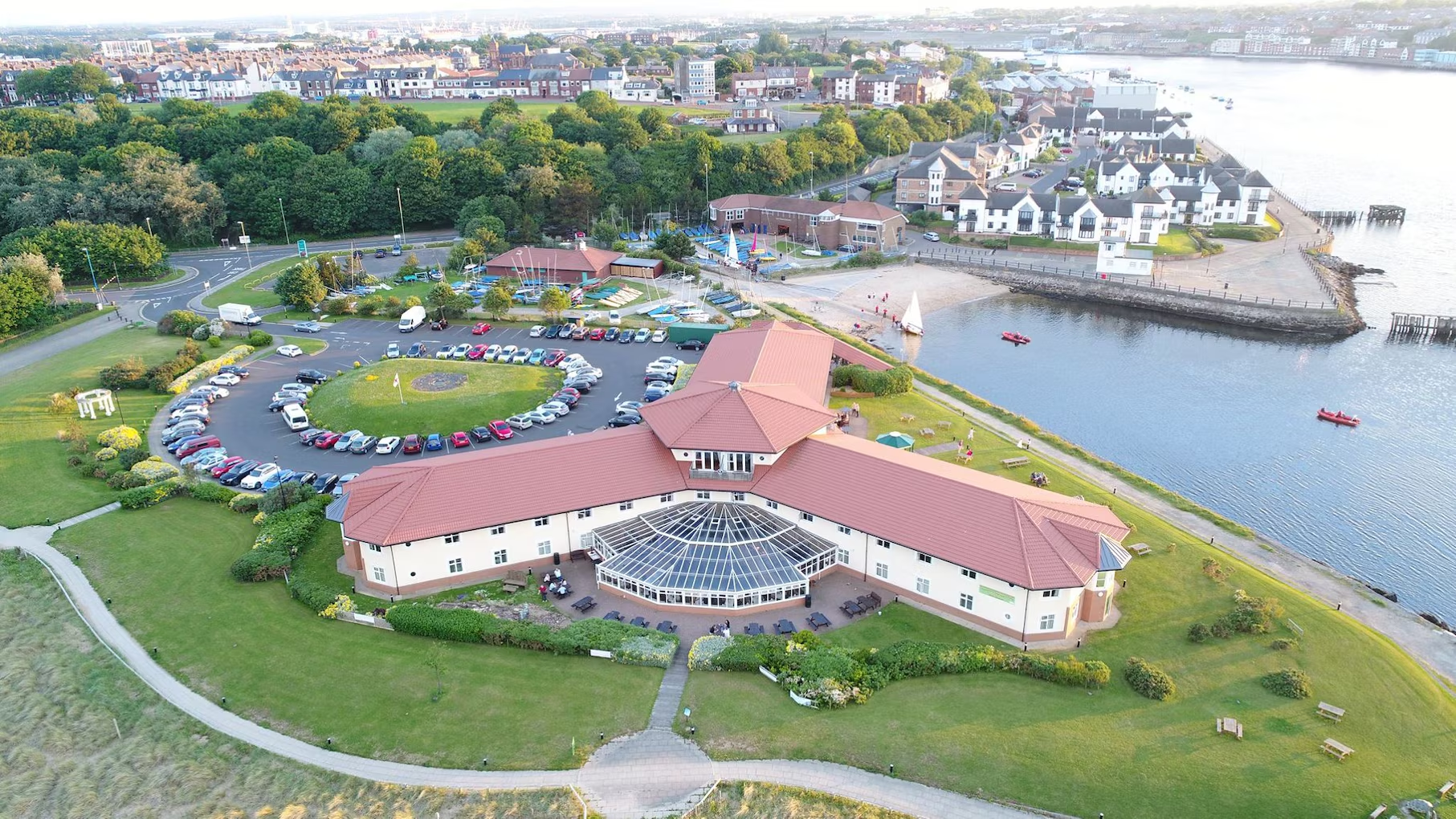
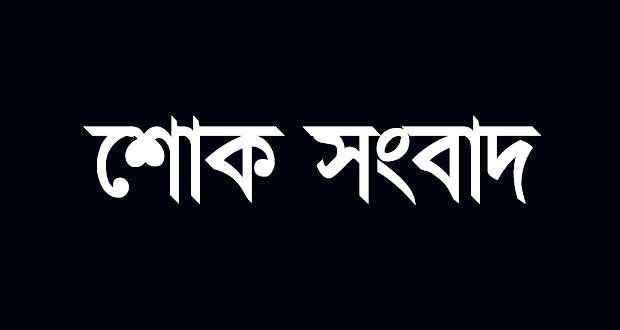



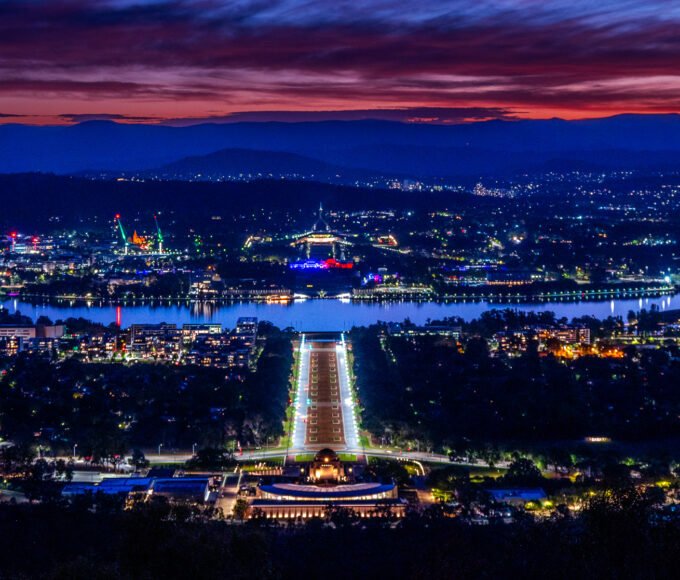

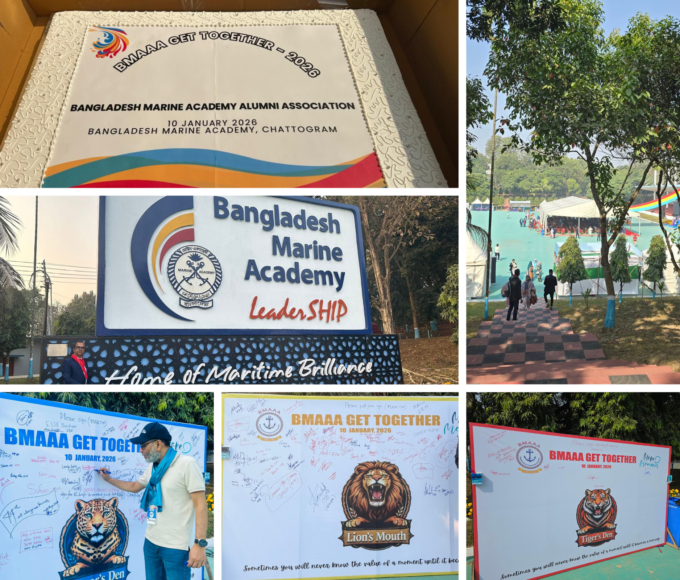




Leave a comment